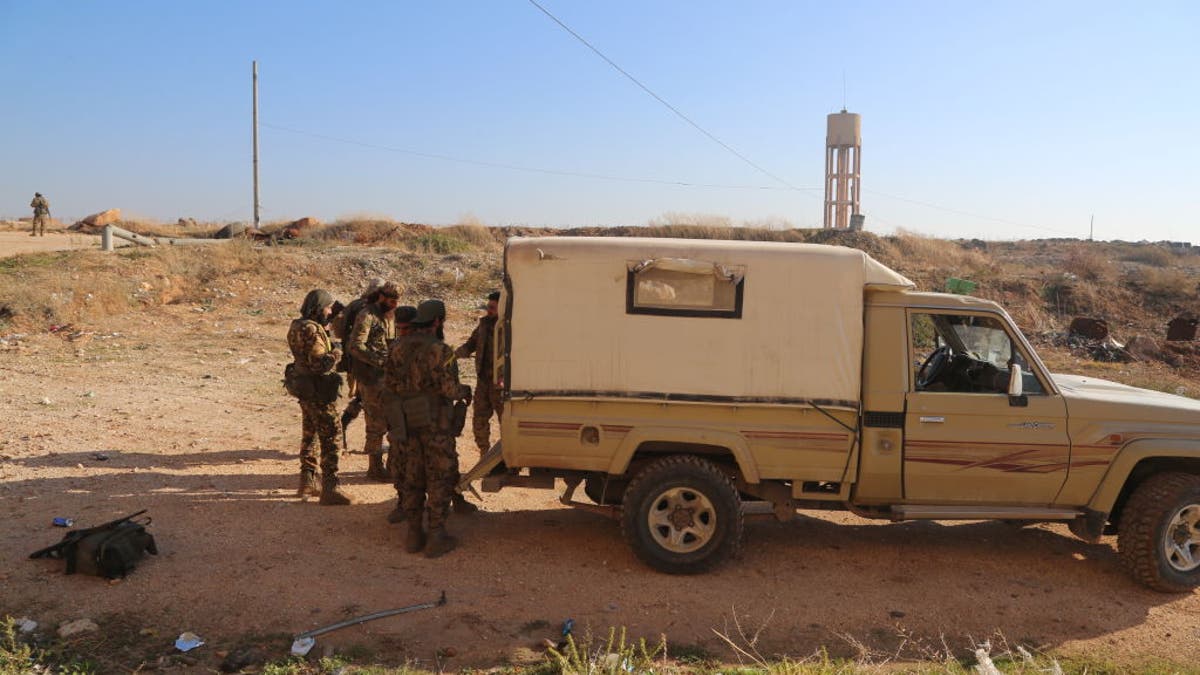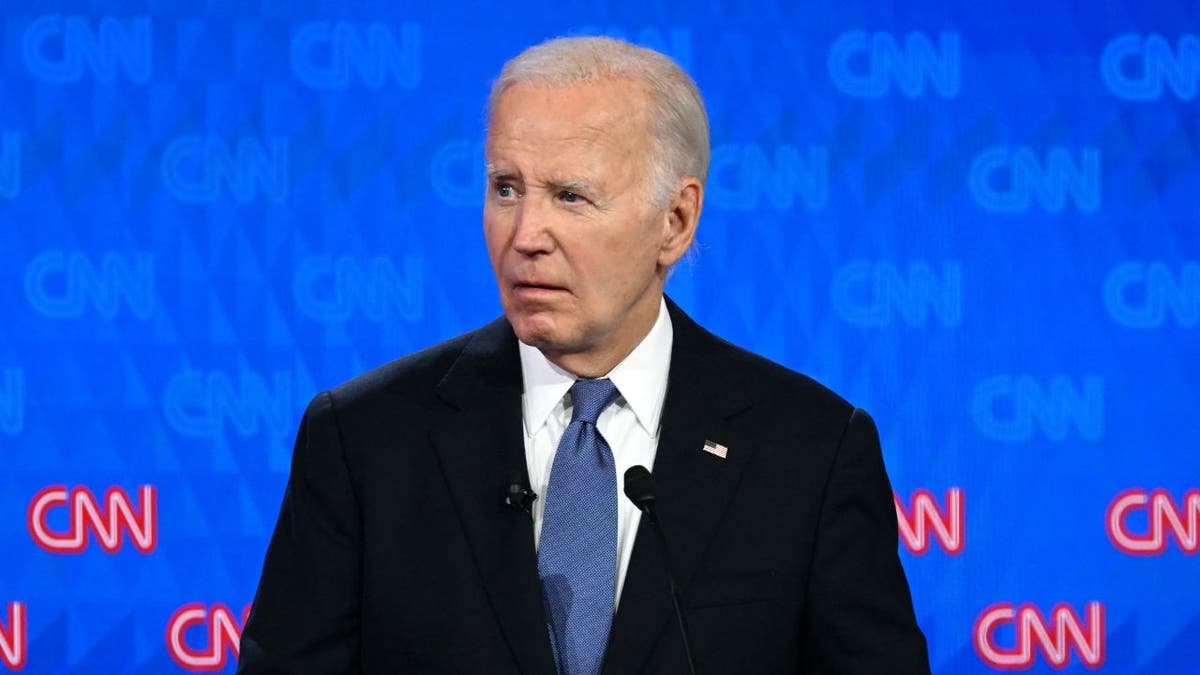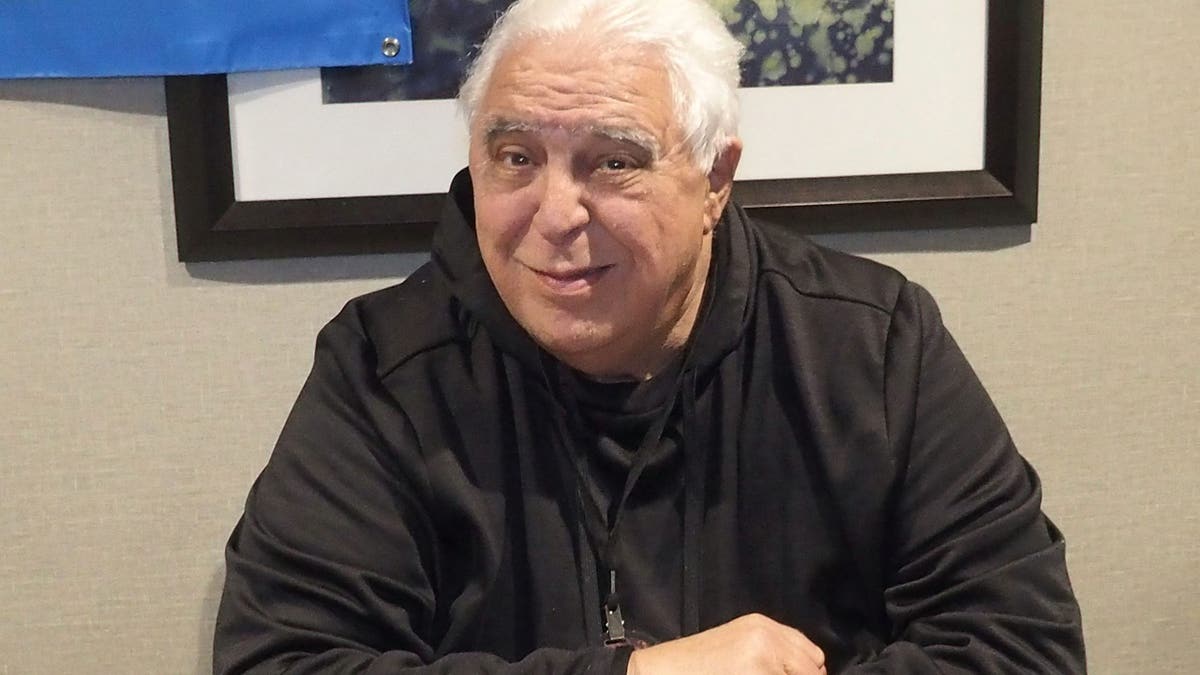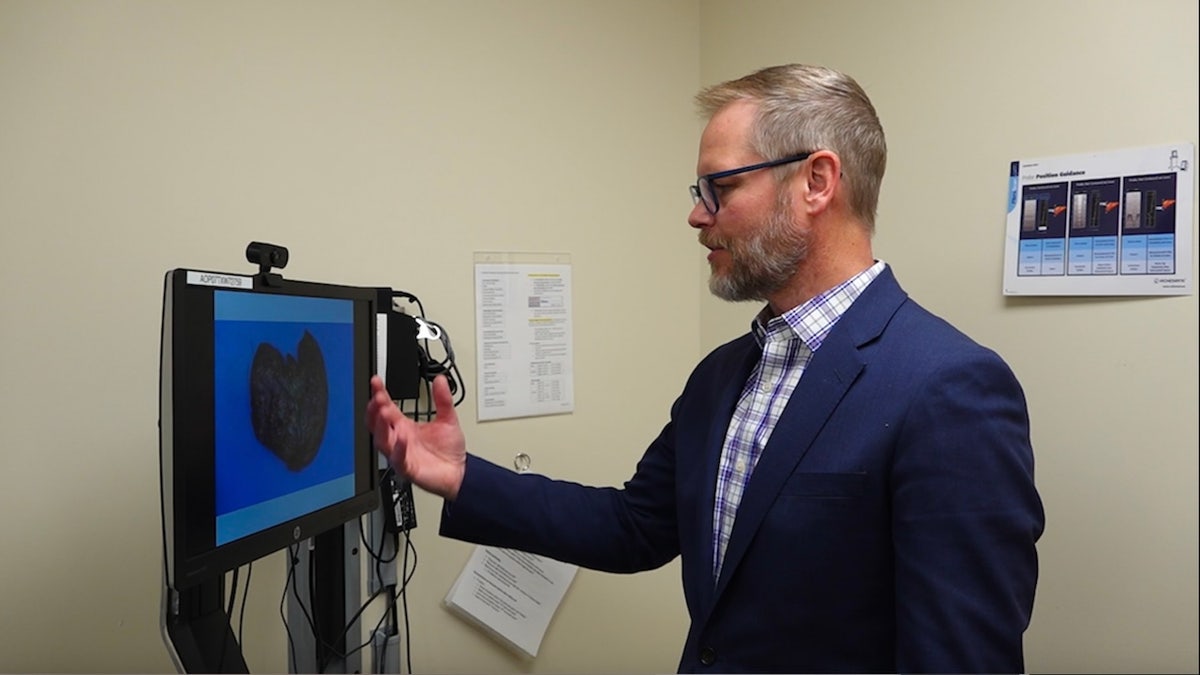Ahmed Yahia Dabbas, a Syrian refugee who fled to Lebanon over a decade ago to escape the conflict, recently returned to his homeland after his Beirut home was destroyed in the crossfire between Israel and Hezbollah. His family’s five-day journey back to a non-regime controlled area of Syria was fraught with challenges, including extortion at checkpoints and harsh treatment in the border region.
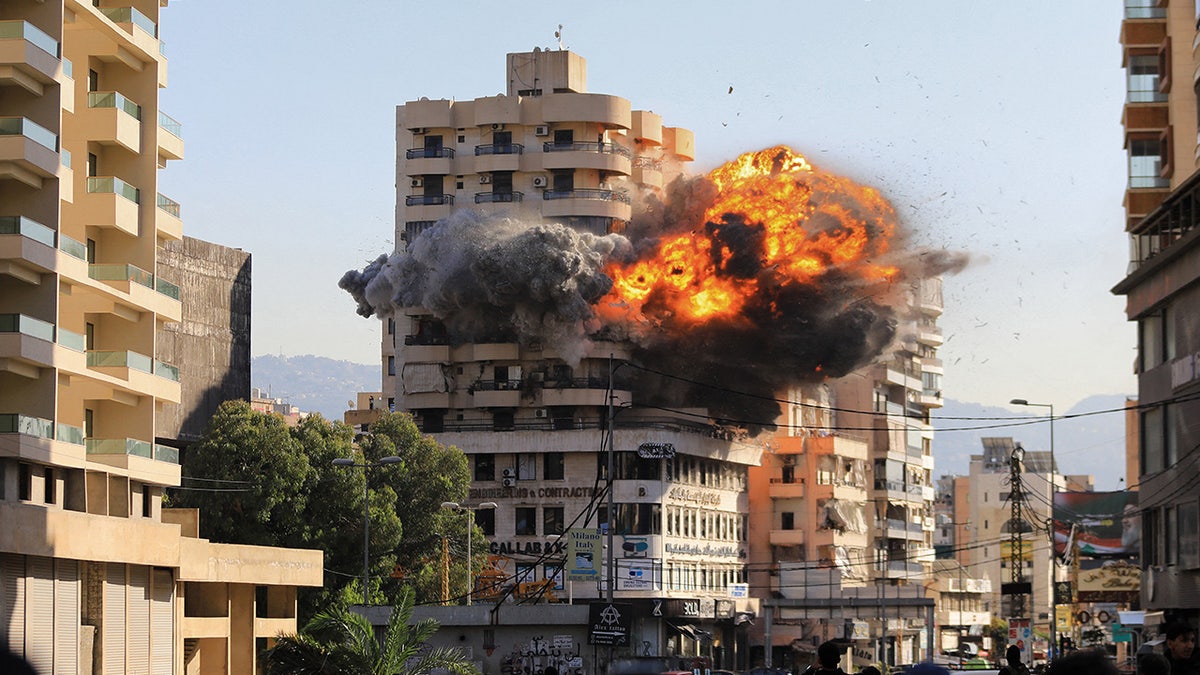
Dabbas's story highlights the plight of many Syrians displaced by both the ongoing civil war and the recent conflict between Israel and Hezbollah. He and his family endured a harrowing journey, facing exploitation and abuse before finally reaching the relative safety of Idlib. While relieved to be reunited with family in Syria, they now grapple with food insecurity and the constant threat of bombardment.
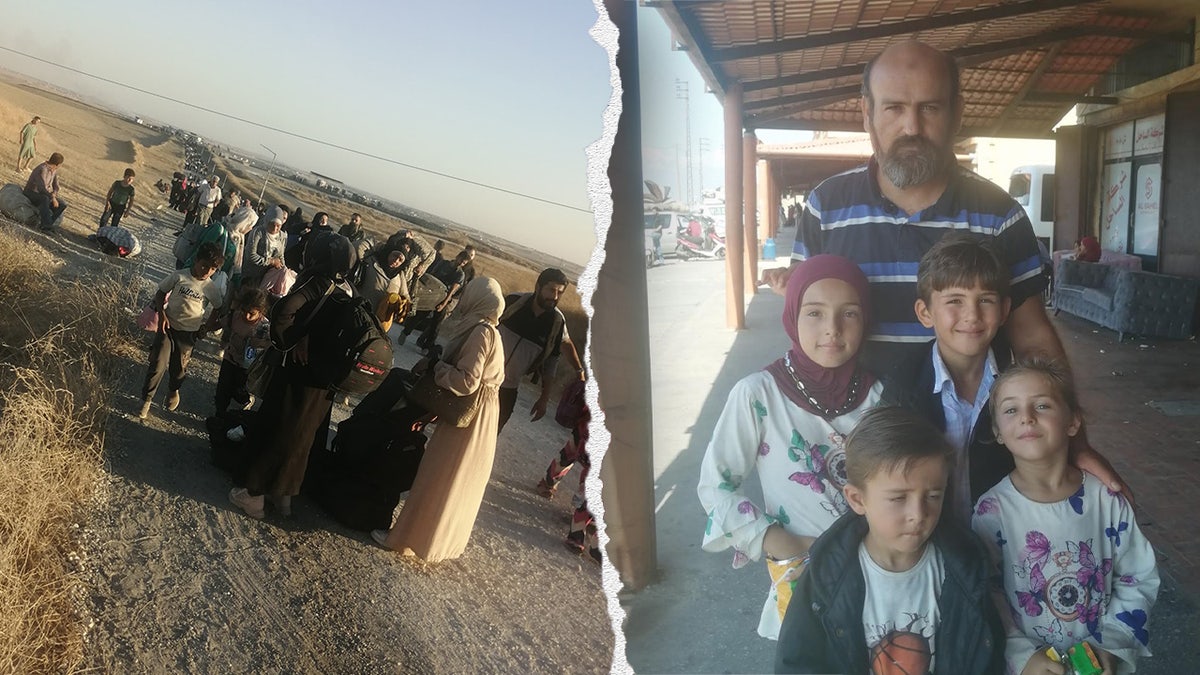
Their experience underscores the precarious situation for those returning to regime-held areas, where fears of arbitrary detention, torture, and forced disappearances are rampant. The normalization of relations with the Assad regime by some countries raises concerns about the safety of returning refugees, as highlighted by Mouaz Moustafa, executive director of the Syrian Emergency Task Force.
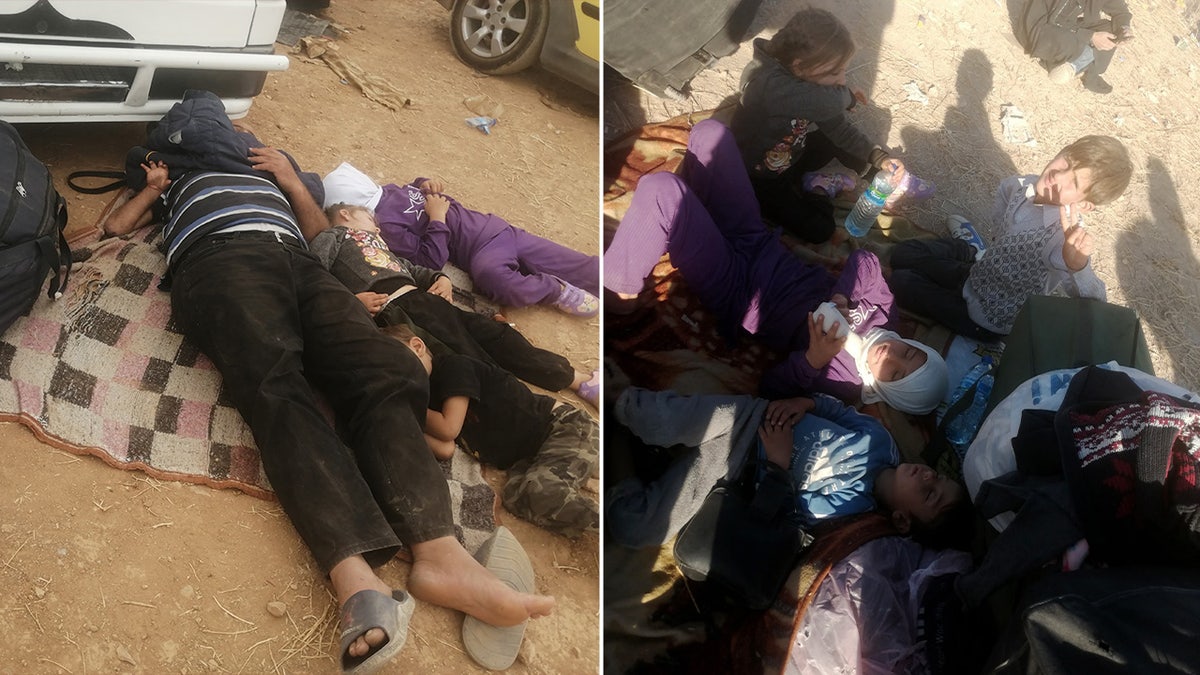
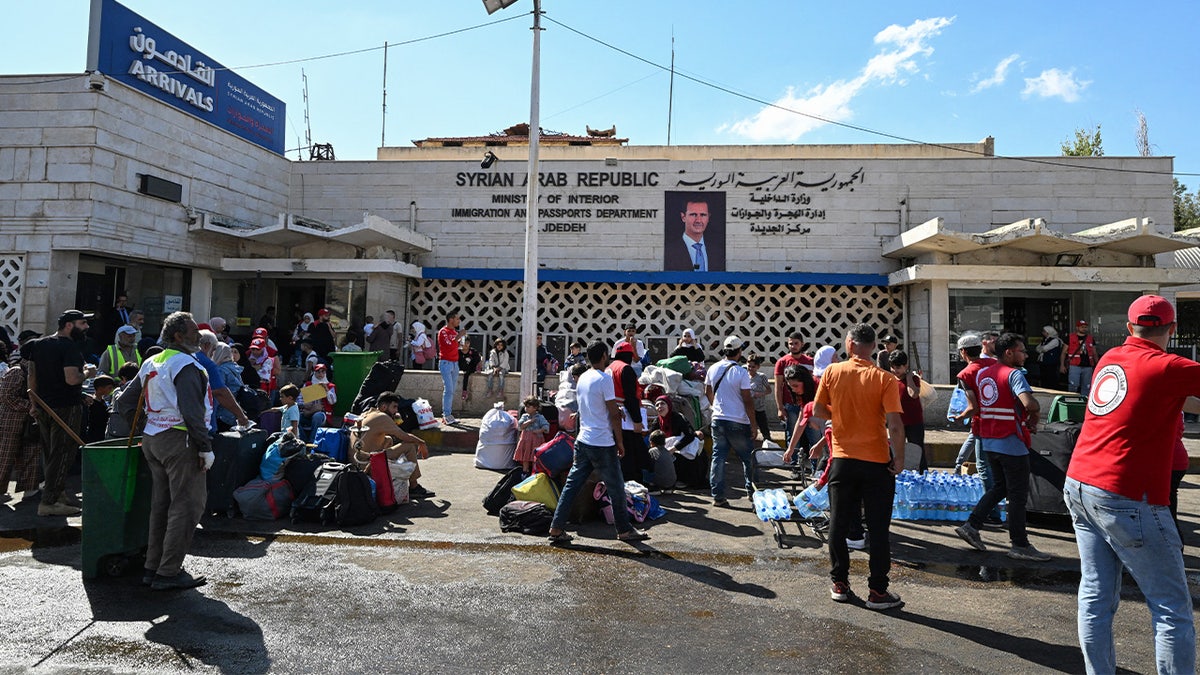
Adding to the humanitarian crisis is a surge in drone attacks on civilian areas in northwest Syria. Ismail Alabdullah, a White Helmets volunteer, reported a significant increase in these attacks, targeting residential areas, farms, and infrastructure. The accessibility and low cost of these drones make them a persistent and unpredictable threat, further destabilizing the region and instilling fear in the population.
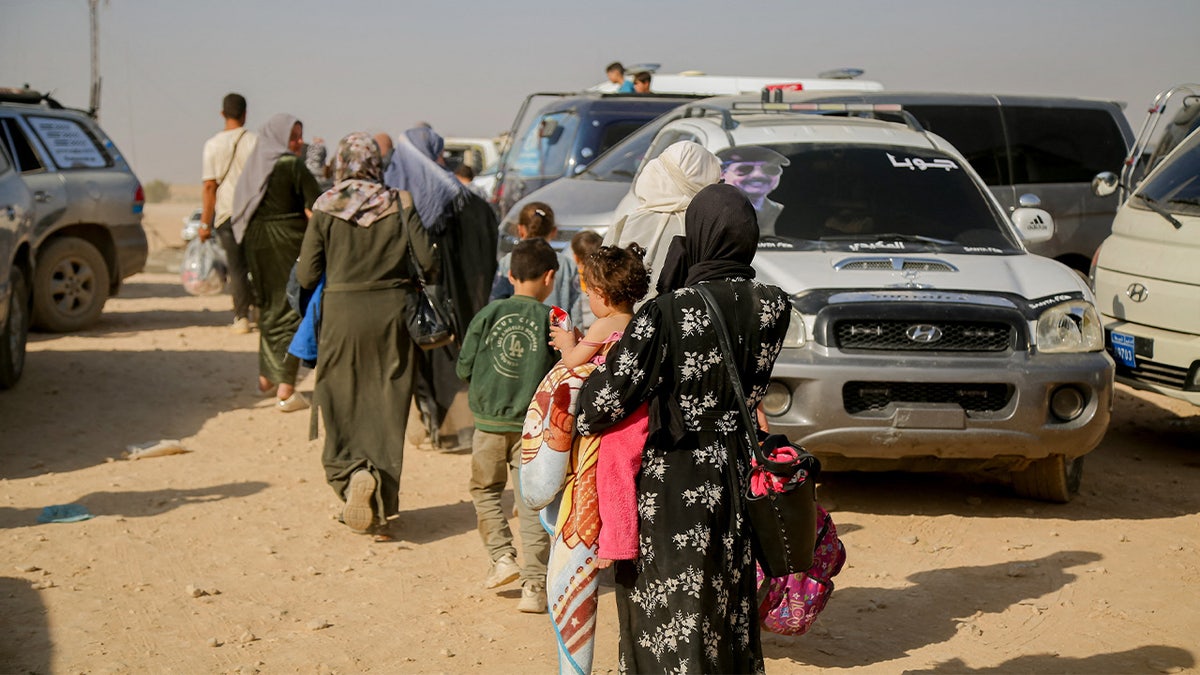
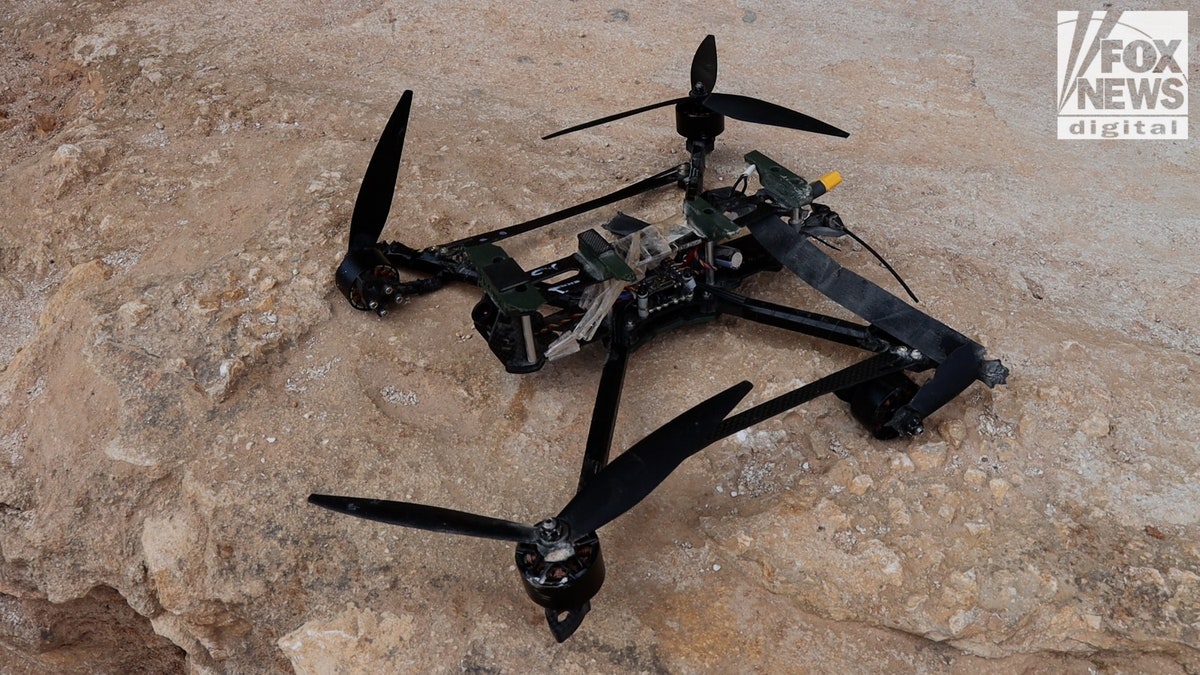
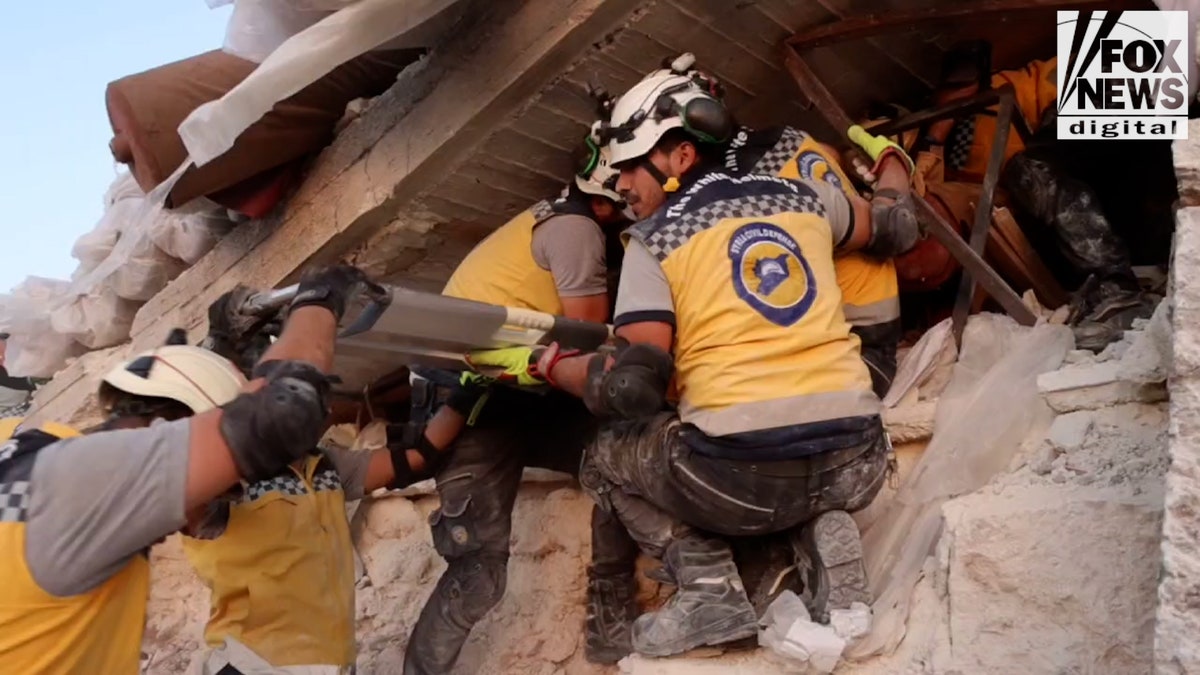
Despite a recent cease-fire agreement between Israel and Lebanon, the situation in northwest Syria remains volatile, with continued attacks by the Assad regime and its allies. The recent rebel offensive in Aleppo further complicates the situation. The White Helmets continue to appeal for international assistance to address the growing humanitarian needs as winter approaches and the number of displaced people rises.
